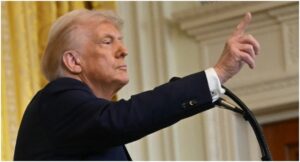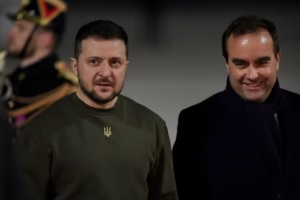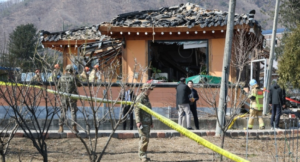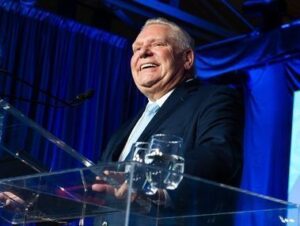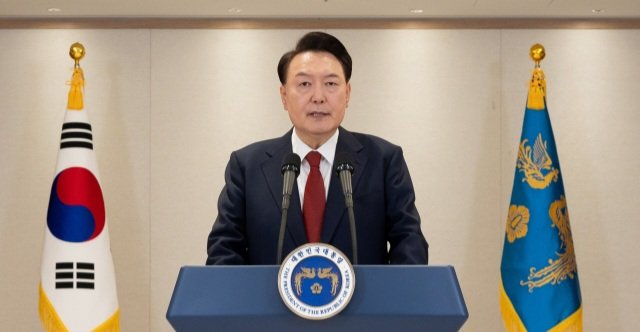
Prime Minister Han Duck-soo will take over as acting president while the country’s Constitutional Court takes up the matter.
South Korea’s parliament has again voted to impeach President Yoon Suk Yeol after his short-lived attempt to declare martial law earlier this month.
The lawmakers’ resolution was taken on Saturday, and Yeo’s presidential powers will formally be suspended once he is served with a copy of the impeachment resolution.
Prime Minister Han Duck-soo will take over as acting president while the country’s Constitutional Court takes up the matter.
It has 180 days to rule on the impeachment motion, which if confirmed will trigger a snap election to choose a new president.
Recall that several members of Yoon’s conservative People Power Party earlier joined opposition lawmakers to pass the threshold of 200 votes — two-thirds of the legislature — required for his impeachment. The final vote was 204 to 85.
Outside the National Assembly, loud cheers washed over a large crowd of pro-impeachment protesters, some of whom had set up free coffee and food stalls for fellow participants.
“This is a triumph of democracy and of the South Korean people,” Park Chan-dae, the opposition party floor leader, said after the vote.
Until now, many of Yoon’s party members had resisted backing the opposition-led push to impeach him, saying they would seek an “orderly resignation” instead.
But recent developments made that position untenable.
Numerous testimonies emerged contradicting Yoon’s claim that his declaration of martial lawon Dec. 3 was meant only as a show of force to the opposition-controlled National Assembly — which he described as filled with “anti-state” saboteurs and North Korea sympathizers.
A document leaked to opposition lawmaker Choo Mi-ae from the military’s counterintelligence unit showed that preparations for the declaration had been made at least a month in advance — and that the military had reviewed available medical facilities in seeming anticipation of bloodshed.
A senior officer in the unit has also told lawmakers that he was given a list of key politicians to arrest.
Lt. Gen. Kwak Jong-keun, the commander of the special forces unit that stormed the National Assembly, testified this week that Yoon personally ordered him to prevent the gathering of 150 lawmakers — the threshold needed to overturn a martial law declaration.
“Hurry up and break down the door and drag out anyone inside,” Kwak recalled Yoon telling him on the phone.
Even during martial law, preventing the National Assembly from carrying out its duties is a violation of the constitution, which gives lawmakers the authority to overturn a martial law order with a majority vote, as they did in the early hours of December 4.


